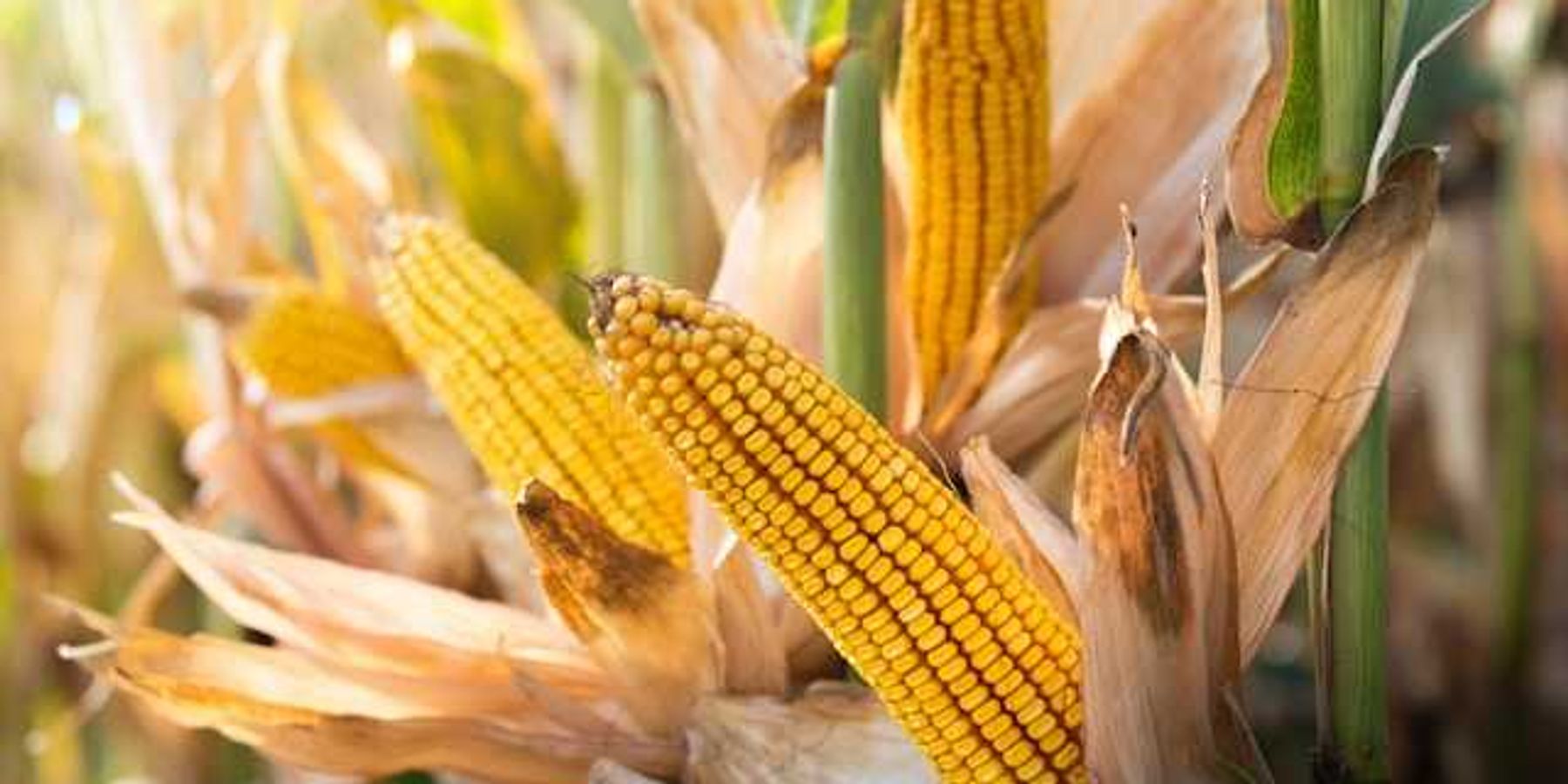cop28
G7 nations agree to phase out coal usage by the mid-2030s
Energy ministers from the G7 are set to endorse an agreement to cease coal use in power generation by the mid-2030s, with potential exceptions for Germany and Japan.
In short:
- The G7 commitment targets the elimination of coal-fired power plants by the early 2030s, yet allows flexibility for member states under certain conditions.
- Germany and Japan may continue using coal beyond the general deadline due to their significant reliance on coal power.
- The decision aligns with global efforts from last year's COP28 summit, aiming to reduce the most harmful fossil fuel emissions.
Key quote:
"We are working on it, I cannot go any further... if there is a final decision I will communicate it,"
— Gilberto Pichetto Fratin, Italian Energy Minister
Why this matters:
The agreement, expected to be formally endorsed soon, signals a strong commitment from some of the world's largest economies to reduce greenhouse gas emissions and transition away from fossil fuels, which are major contributors to climate change. The decision aligns with scientific calls to limit global warming to 1.5 degrees Celsius above pre-industrial levels—a target that requires drastic reductions in carbon emissions.
Related EHN coverage: Swapping out coal energy for solar would prevent 52,000 premature deaths in the United States every year.
Meat industry views Cop28 outcomes with optimism
In a recent summit, meat industry leaders found reasons to be hopeful about their future, despite environmental concerns.
In short:
- Cop28's focus on agriculture offered mixed messages, with major meat lobbyists celebrating a lack of binding targets on reducing livestock numbers.
- Critics argue the summit's outcomes favor industrial meat interests over environmental action, with the presence of meat and dairy lobbyists tripling.
- Despite global calls for reduced meat consumption to meet climate goals, the summit's declarations lacked explicit directives for diet change.
Key quote:
“Cop28 has rightly put the spotlight on the link between food production and the climate crisis, but the sheer number of Big Ag lobbyists present gave them an outsized influence.”
— Sophie Nodzenski, a senior campaign strategist on food and agriculture at Greenpeace International
Why this matters:
Agriculture, particularly livestock farming, plays a significant role in climate change, contributing approximately 14.5% of all anthropogenic greenhouse gas emissions, according to the Food and Agriculture Organization of the United Nations. Innovations such as alternative protein sources, regenerative farming practices, and improvements in animal feed are being explored to reduce the environmental footprint of livestock farming. However, the path forward involves navigating complex issues of food security, economic viability, and environmental sustainability.
COP28 left a vacuum California leaders aim to fill
Cop28 deal will fail unless rich countries quit fossil fuels, says climate negotiator
G77 president Pedro Pedroso warns deal risks failing if polluters like UK, US and Canada don’t rethink plans to expand oil and gas.









